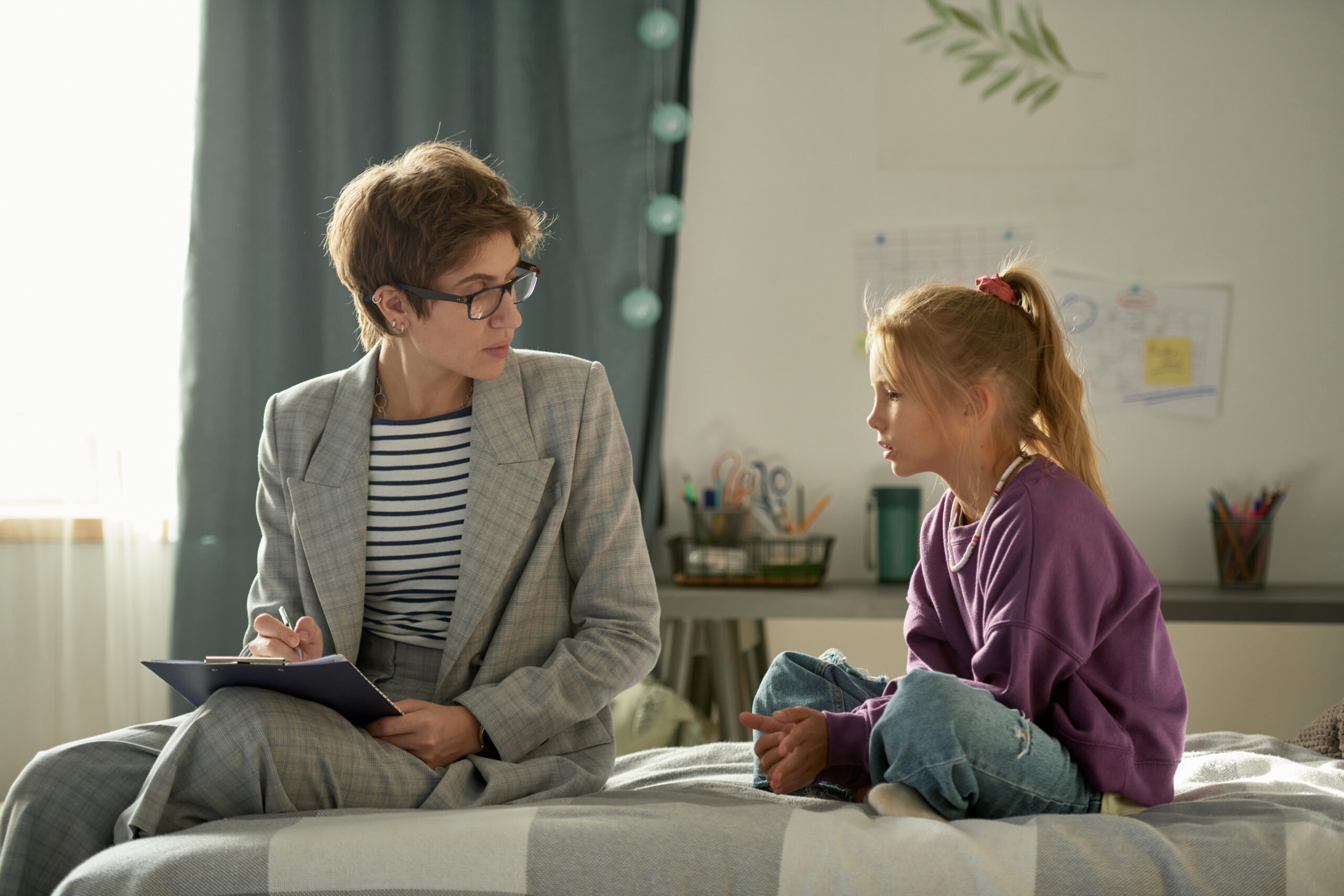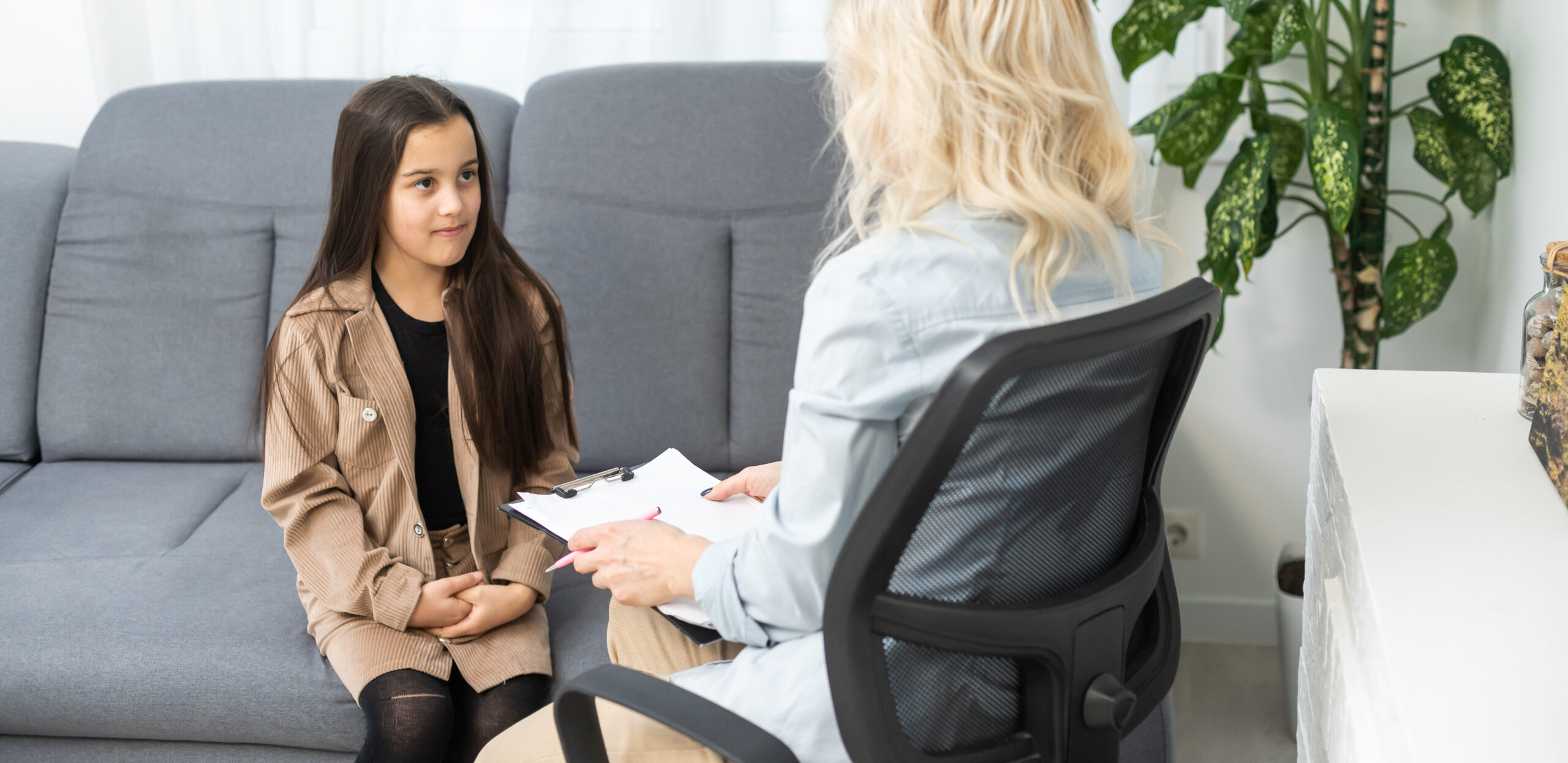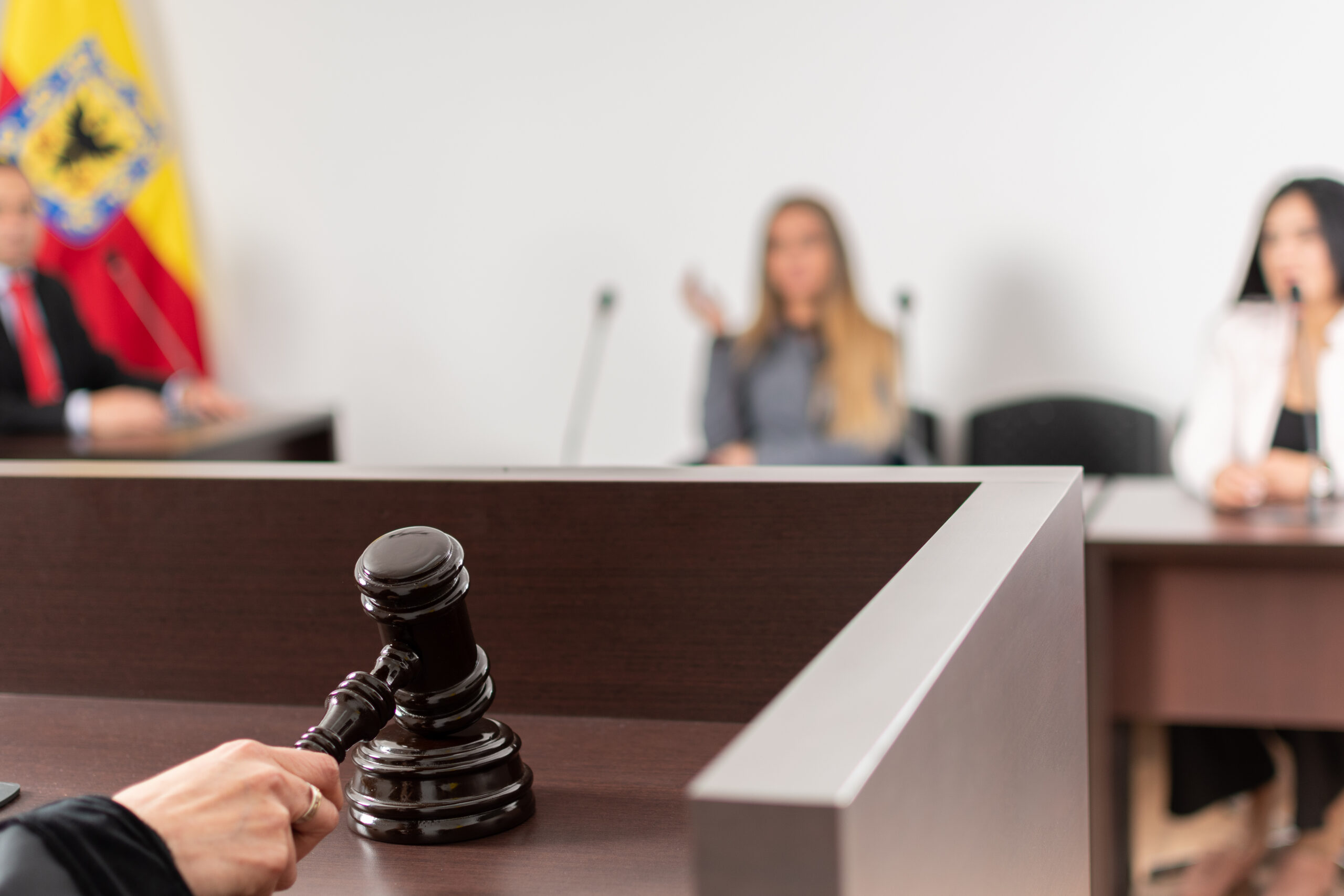Independent Children’s Lawyer | How They Can Impact Your Case
26/03/2021

A children’s lawyer, or independent children’s lawyer (ICL), is appointed by the court to represent a child’s best interests during parenting disputes. They are not instructed by the child or either parent. Instead, their role is to provide the court with an independent view of what arrangements will best support the child’s welfare.
This role is usually reserved for complex cases and when parents are unable to agree or when the child’s safety is at risk, a children’s lawyer helps ensure decisions are made with the child’s needs at the forefront. Rather than act as a mouthpiece for the child, the lawyer considers a range of information, educational, medical, psychological, and may speak with the child where appropriate. Their recommendations aim to protect the child’s wellbeing and promote long-term stability.
The appointment is generally funded through Legal Aid, which makes it accessible regardless of the family’s financial position. To understand their impact, it is important to know when and why a children’s lawyer is brought into a case.

When Is an Independent Children’s Lawyer Appointed?
A children’s lawyer’s involvement is reserved for matters where independent guidance is essential to protect the child’s wellbeing. The appointment may be made by the court on its own initiative or upon request by one or both parties. In all cases, the court must be satisfied that the child’s interests require separate legal representation.
Several indicators can prompt this decision. In situations where neither parent is legally represented, the court may also appoint a children’s lawyer to ensure that the proceedings remain balanced and that the child’s needs are not overshadowed.
The following table outlines common circumstances that may lead to the appointment of an independent children’s lawyer:
| Circumstance | Example |
| Allegations of abuse or neglect | Claims of physical, emotional, or sexual harm |
| Risk of separation from siblings | Proposed living arrangements split children |
| Serious mental health issues | Parent diagnosed with unmanaged mental illness |
| Family violence | Active AVOs or documented domestic incidents |
| One or both parties self-represented | Risk of imbalance in proceedings |
The decision to appoint a children’s lawyer is a protective measure. It reflects the court’s view that the child may face harm or disadvantage without independent input. Once appointed, the lawyer’s role becomes active and ongoing throughout the case. Understanding how they carry out that role reveals the depth of their involvement.
What Does an Independent Children’s Lawyer Actually Do?
A children’s lawyer begins gathering a full picture of the child’s situation. Their aim is to assess the circumstances objectively and present informed recommendations to the court. This work is investigative and careful, guided by evidence and professional insight rather than the preferences of the parents or the child alone.
The children’s lawyer does not act on instructions. Instead, they evaluate what will most likely serve the child’s best interests based on available information. They may take the child’s views into account if appropriate, but they are not bound to follow them. Their focus remains on long-term safety, stability, and wellbeing.
To build an informed position, the lawyer may:
- Review court documents and affidavits submitted by both parties
- Speak with the child, depending on age and maturity
- Contact teachers, school principals, and counsellors
- Request medical reports and psychological assessments
- Arrange for a family report prepared by an independent social worker or psychologist
- Request psychiatric evaluations of the parents if mental health is a concern
- Consider reports or documents from child protection agencies
- Evaluate risks such as exposure to violence or neglect
Throughout the process, the children’s lawyer remains independent. They are not aligned with either parent and must remain impartial when gathering facts and offering advice. This objective role allows them to support the court in making decisions grounded in evidence. Once their investigations are underway, clear rules govern how and when they communicate with the parties involved.
Who Can Contact the Independent Children’s Lawyer?
Communication with a children’s lawyer is subject to strict rules. These rules protect the lawyer’s independence and help maintain fairness throughout the proceedings. In most cases, any correspondence or discussion with the children’s lawyer must go through the parties’ legal representatives.
When a parent is represented by a solicitor, the children’s lawyer will deal directly with that solicitor. This keeps the interaction professional and ensures all communications are documented. It also prevents misunderstandings or the perception of bias, which is critical when the court relies on the children’s lawyer to provide an impartial view.
If a parent is self-represented, the children’s lawyer may contact them directly. Even then, the communication remains formal and limited to matters relevant to the proceedings. The lawyer’s role is not to advise the parent, act as a mediator, or become involved in the emotional aspects of the dispute.
Family members, including parents, should not reach out to the children’s lawyer outside official channels. Unsolicited contact can compromise the lawyer’s independence or create concerns about undue influence. Preserving these boundaries allows the lawyer to continue their work without interference. Should concerns arise about their performance or impartiality, there is a formal process for raising them.

Can an Independent Children’s Lawyer Be Challenged or Removed?
While a children’s lawyer plays an independent role, concerns may occasionally arise about their conduct or suitability to remain on a matter. Removing them is possible, but the process is limited to specific circumstances and must follow proper legal procedures. The court does not allow removal simply because one party disagrees with the lawyer’s views.
Step 1 – Identify Grounds
Before taking any action, the party must have valid grounds for removal. Common reasons include:
- A conflict of interest that compromises the lawyer’s independence
- Behaviour that suggests bias or alignment with one parent
- Failure to act in the best interests of the child, such as ignoring relevant evidence or refusing to engage with key parties
Step 2 – Seek Legal Advice
Due to the complexity of the process, legal advice should be obtained before making an application. Lawyers can help assess whether the concerns meet the threshold required by the court and guide the party on how to present their case effectively.
Step 3 – File an Application
If there are sufficient grounds, a formal application must be filed with the court. This application should include clear supporting evidence and specify how the children’s lawyer has failed in their duties. The court will assess whether the concerns justify removal, considering procedural fairness and the potential impact on the child.
The court approaches these matters with caution, ensuring that any decision to remove a children’s lawyer does not disrupt the proceedings unnecessarily. Once the role is confirmed or replaced, the court continues to rely on their input when reviewing the child’s best interests. Understanding how that input is treated in the decision-making process is key.
How the Court Considers The Lawyer’s Recommendations
A children’s lawyer plays a central role in guiding the court toward decisions that promote the child’s best interests, but their recommendations are not binding. The court is not required to follow them and will instead consider the recommendation as one part of a broader body of evidence.
Judicial officers assess the children’s lawyer’s views alongside other materials presented during the proceedings. These may include affidavits, independent reports, expert assessments, and oral evidence given during cross-examination. The court looks at the consistency, depth, and relevance of each piece of information when forming a final decision.
In some cases, the court may depart from the children’s lawyer’s recommendation. This usually occurs when there is limited evidence to support the lawyer’s conclusions, or when other evidence presents a clearer or more compelling picture of what would benefit the child. The court must also ensure that any recommendations align with legal principles and procedural fairness.
What gives weight to a children’s lawyer’s input is the transparency of their process. Their independence, their methodical collection of information, and their neutral engagement with all parties help the court trust their assessment. Once a recommendation is delivered, the court moves toward a decision. If the matter proceeds further, questions often turn to who bears the costs of the lawyer’s appointment.

Legal Costs, Representation, and Final Thoughts
In most cases, the cost of appointing a children’s lawyer is covered by Legal Aid. However, the court may direct one or both parents to contribute to the costs, depending on their financial circumstances.
Even with a children’s lawyer involved, parents should seek their own legal representation. The children’s lawyer does not act for either parent and does not advocate for their position. Having a solicitor ensures that each parent’s rights and responsibilities are properly understood and that their case is presented effectively during the proceedings.
If you are navigating parenting proceedings and have questions about children’s lawyers or your legal position, our Townsville Family Law team is here to assist. Contact us for a no-obligation consultation and receive the guidance you need to make informed decisions for your family.
